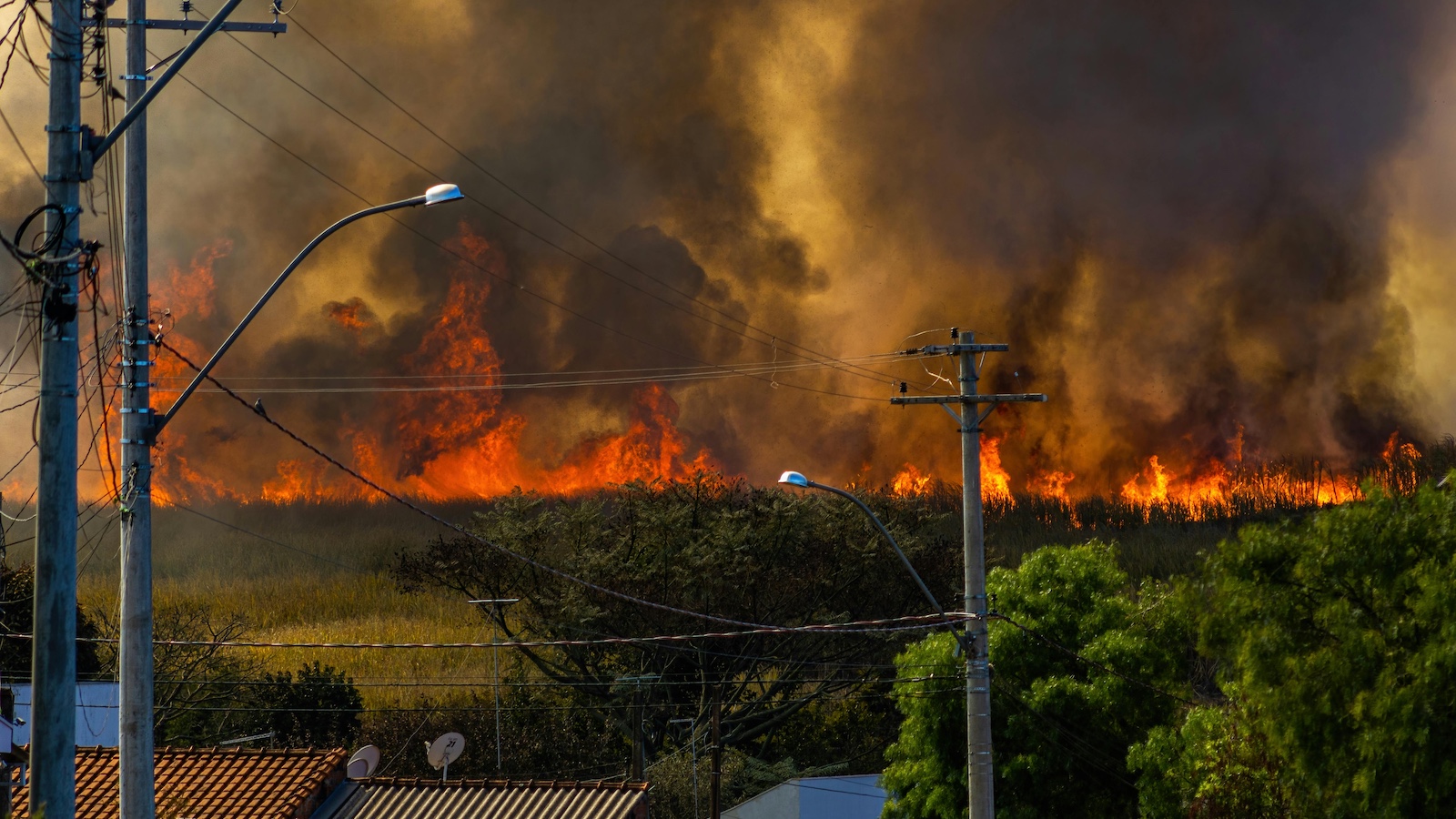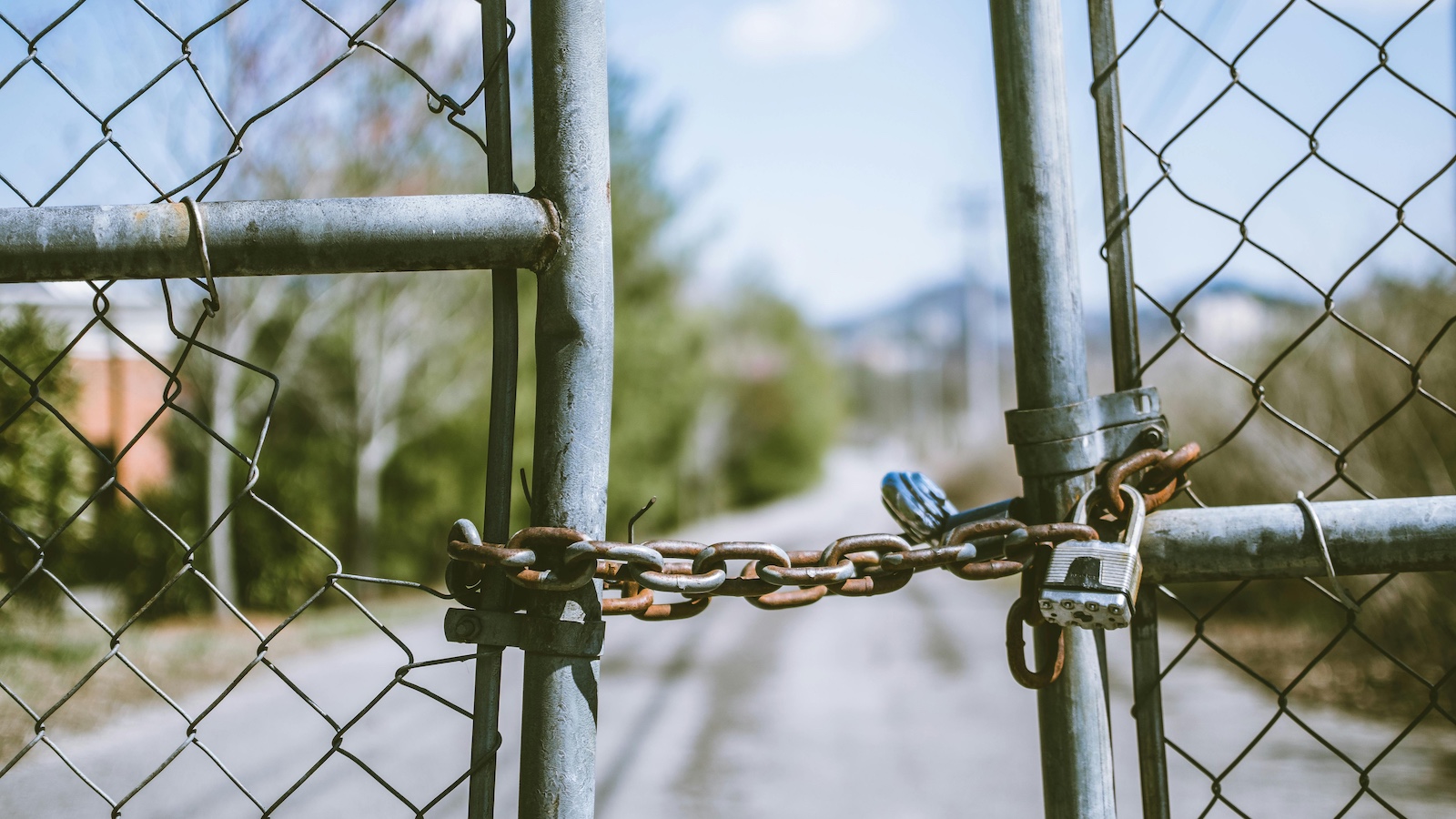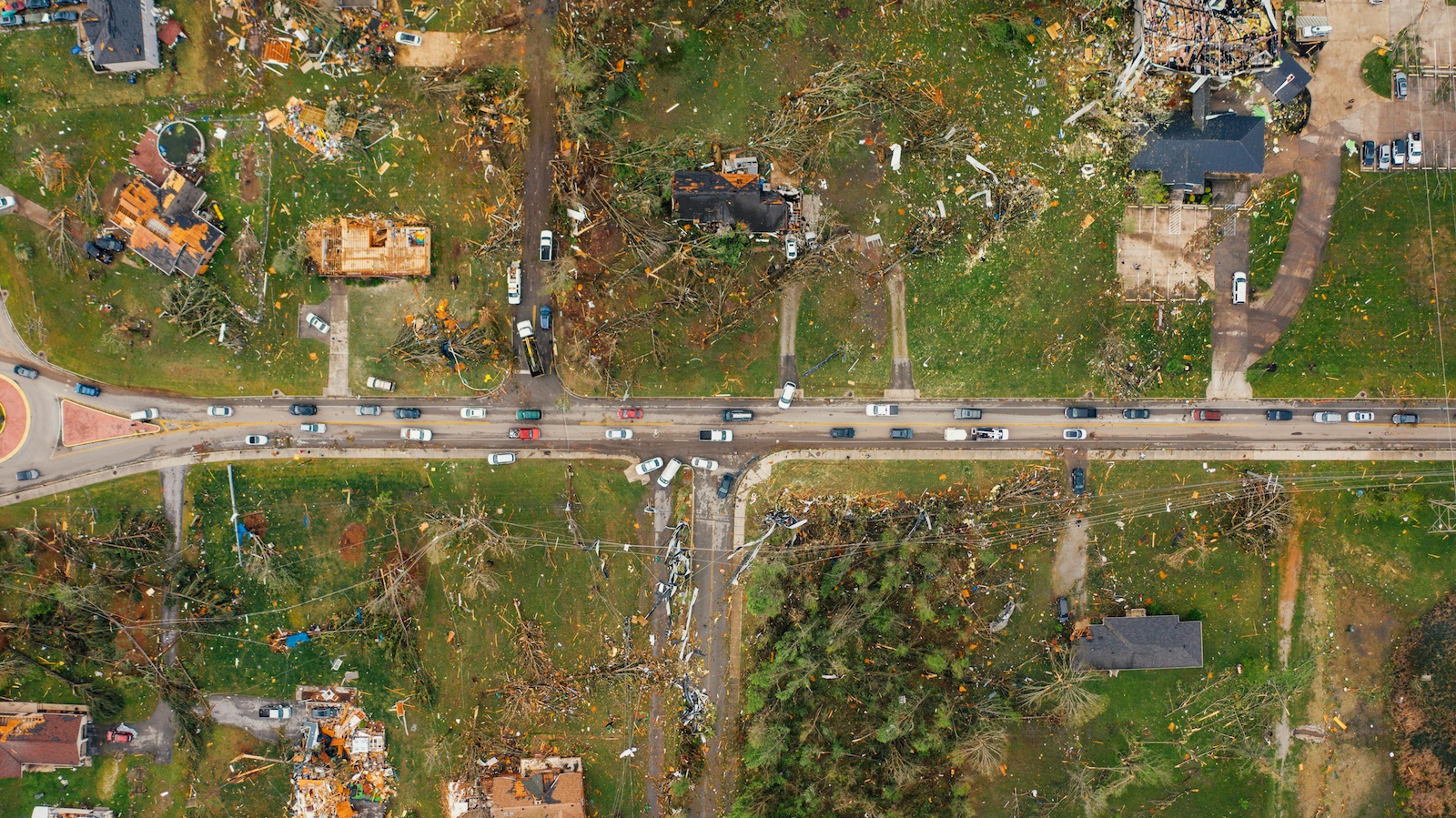Since the world went on lockdown to stop the spread of the novel coronavirus (COVID-19), satellite images from NASA have captured an unlikely view of planet Earth. Pictures from space showed a dramatic drop in pollution over Wuhan after the central Chinese city implemented coronavirus-related restrictions.
You don’t have to circumnavigate the globe from a spaceship to witness the effects the current pandemic is having on our planet. Urban waterways have cleared up in the absence of human activity. Vapor trails from passenger planes no longer streak the skies above us. Rush hour traffic is nonexistent—it’s like driving to work on a holiday.
The natural world is getting a much-welcomed reprieve from human activity. With national parks closed to tourists, the animals in those parks have begun to move freely about areas that would otherwise be populated by humans taking photographs. At Yosemite National Park in California, rangers have witnessed black bears walking in the middle of the road. And at South Africa’s Kruger National Park, a pride of lions was seen sleeping on a paved roadway that was devoid of motor traffic or any human activity.
Earth is also taking a breather from the constant onslaught of pollutants that humans have been pumping into the atmosphere and dumping on the ground and into the waterways in increasing levels since the industrial revolution.
If there’s a lesson to be learned (and there will be many, when all is said and done), it may be that a deadly and catastrophic pandemic has, in just a few months, noticeably curbed our contribution to climate change.
Let me be clear—a global pandemic is not the path to a sustainable future. But the current crisis has helped shed light on the herculean effort needed to turn the tide if we hope to save our planet for future generations.
Climate change
There are countless ways the current crisis has led to a significant reduction in the emission of greenhouse gasses.
Travel of all kinds has come to a standstill. Very few people are driving to work—or anywhere—right now. Nonessential businesses have closed, and those who can work from home are doing so. Conferences have been canceled. Business trips have been postponed. Vacations have been put on hold. And for the time being, there are no concerts, sporting events, in-person weddings or graduations to attend. According to the Intergovernmental Panel on Climate Change, transportation was responsible for 14% of all global carbon emissions in 2014.
See also: COVID-19: Stark Choices Amid Structural Change
In addition, power plants and factories in China and around the globe have reduced output. Millions are now wearing face masks in public to avoid contracting or spreading the virus. Ironically, the threat of COVID-19 means they’re also breathing cleaner air when they venture outside.
It’s not just cleaner air; even the water is cleaner in some parts of the world. In Venice, locals say the water in the city’s canals has never been clearer, due to the dramatic drop in tourists.
Future of work
The current pandemic has done nothing less than create a worldwide work-at-home experiment.
Normally, when we talk about the future of work, or work sustainability, we talk about reskilling and preparing today’s workers for tomorrow’s jobs.
But overnight, millions of employees who commuted daily to offices or traveled for sales jobs were forced to stay at home and continue working. For many white-collar employees, their work experience may never again be the same when the health crisis is over.
Companies that provide collaborative technology, like videoconferencing, will benefit from the evolution of work life. Ultimately, that’s good news for the planet and those on the front lines of the climate change battle. Working from home requires less travel, less paper usage and less heating and cooling of office buildings.
For those employees who can best manage their time working in isolation, the hours that used to be spent stuck in traffic can now be applied to personal endeavors, like physical fitness, hobbies or family gatherings. Still, others will struggle with knowing when to shut down their computers and stop working. As such, employers will need to keep their remote workers engaged and ensure they don’t feel isolated or unappreciated.
Many companies, like Zurich, have already introduced flexible work schedules, allowing employees to work out of the office some days or adjust their hours to accommodate their personal lives. These companies are ahead of the curve, and their early action is paying off now.
Digital safety
In today’s digital world, trust depends on cyber security and data stewardship. Many businesses today need to collect customer data to provide goods and services. Protecting that data is important to maintain trust.
Since the spread of COVID-19 was declared a pandemic, there has been a dramatic increase in the number of coronavirus-themed cyber attacks. According to cyber security firm CYE, cybercriminals have been increasingly exploiting the new situation caused by the global pandemic, citing a fivefold increase in cases.
At Zurich, we promise to never sell our customers’ personal data or share it without being transparent about it, and to keep it safe and secure as we put it to work so we can deliver better services. Other companies have made similar promises, but with so many employees working from home on networks that may not be as secure as those in the office, it is becoming harder to protect data.
Remote work on the scale we’re experiencing now heightens digital perils like never before. For financial, healthcare and other businesses, as well as federal and state agencies that deal with sensitive data, there’s little room for cracks in cyber security systems.
There is an increased likelihood of employees using unsecure networks to retrieve sensitive information when working from home or in remote locations. As quarantines become more prevalent and more people are authorized to work remotely, businesses will need to ensure they’re maintaining proper controls to protect customer data.
See also: 10 Moments of Truth From COVID-19
ESG investing
Environmental, social and governance (ESG) is at the core of how Zurich interacts with its customers, brokers and communities at large, and is also reflected in our portfolio management. We work with stakeholders to ensure responsible and sustainable business practices and to protect reputations while promoting best practices in managing ESG risks. While global financial markets whiplash from daily record gains and to record losses, ESG investing is playing the long game.
Investing in ESG funds is on the rise, according to Morningstar. The Wall Street Journal reports that the coronavirus outbreak has given rise to a number of factors that are important to ESG investors, including disaster preparedness, continuity planning and the treatment of employees through benefits such as paid sick leave and work flexibility.
Sustainability
For many, “sustainability” is the catch phrase of our time. For Zurich, the time is now to stand behind the promises we’ve made to support a sustainable future for our business, our customers and our communities.
In 2019, Zurich signed up as the first insurer to the Business Ambition for 1.5°C Pledge, which is aimed at limiting average global temperature increases to 1.5°C above pre-industrial levels by 2030. We’ve also committed to using 100% renewable power in all global operations by the end of 2022.
In addition, we are preparing today’s workers for the challenges of tomorrow, protecting the personal data our customers entrust with us, and investing in businesses that make the world a better place to live.






